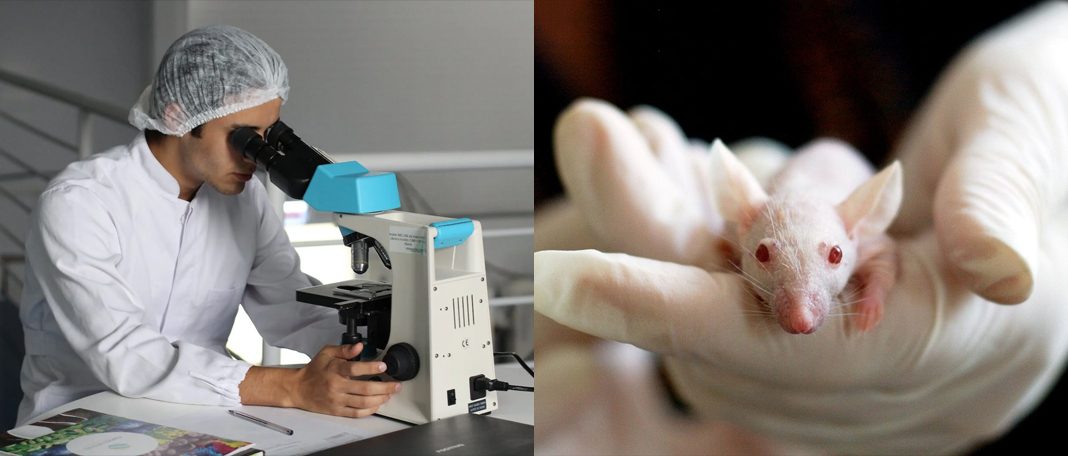Animal testing is the practice of using animals for scientific experimentation and research, to determine the safety and efficacy of products such as drugs, cosmetics, and medical devices. The use of animals in research has been a controversial issue, as some people argue that it is necessary for advancing medical and scientific knowledge, while others believe it is unethical and inhumane.
Animal testing laws vary by country, but most countries have regulations in place to minimize
harm to animals used in research and testing. In the US, the Animal Welfare Act of 1966 sets standards for the treatment of animals used in research, and the USDA, APHIS, and Animal Care enforces these standards.
However, there is an ongoing debate over the use of animals in testing and some organizations advocate for alternative testing methods. Some countries, like the UK, have implemented strict regulations and guidelines for animal testing, while others, like the US, continue to allow animal testing for certain purposes.
Alternative testing methods
There are various non-animal testing methods such as in vitro testing, computer simulations, and micro-dosing that can be used to replace animal testing.
Refining testing methods
Refining animal testing methods to minimize the number of animals used and reduce their suffering.
Collaboration and information sharing
Collaborating with other organizations and sharing information can help to reduce duplicative animal testing.
Regulation
Governments can regulate and limit the use of animal testing, for example by requiring companies to use alternative testing methods before resorting to animal testing.
Funding for research into alternative methods
Increasing funding for research into alternative testing methods can encourage their development and adoption.
Animal testing laws
Laws regarding animal testing vary by country. In the United States, the Animal Welfare Act sets standards for the treatment of animals in research, but many advocacy groups argue that it does not do enough to protect animals. In the European Union, the use of animals in testing is strictly regulated by the Cosmetics Regulation, which prohibits the sale of cosmetics products and ingredients tested on animals.
The EU also recognizes the Three Rs principle of Replacement, Reduction, and Refinement, which aims to reduce the number of animals used in testing and improve their welfare. Other countries have similar regulations, but the specifics of animal testing laws can change frequently, so it’s important to stay informed about current regulations in your area.
Banning animal testing
To eliminate animal testing, many companies and organizations commit to reduce or entirely ban animal testing, either by developing alternative testing methods or by promoting the use of existing non-animal test methods.
Overall, while the use of animals in testing remains a controversial issue, there is a growing consensus that alternatives to animal testing should be sought and supported whenever possible.


















